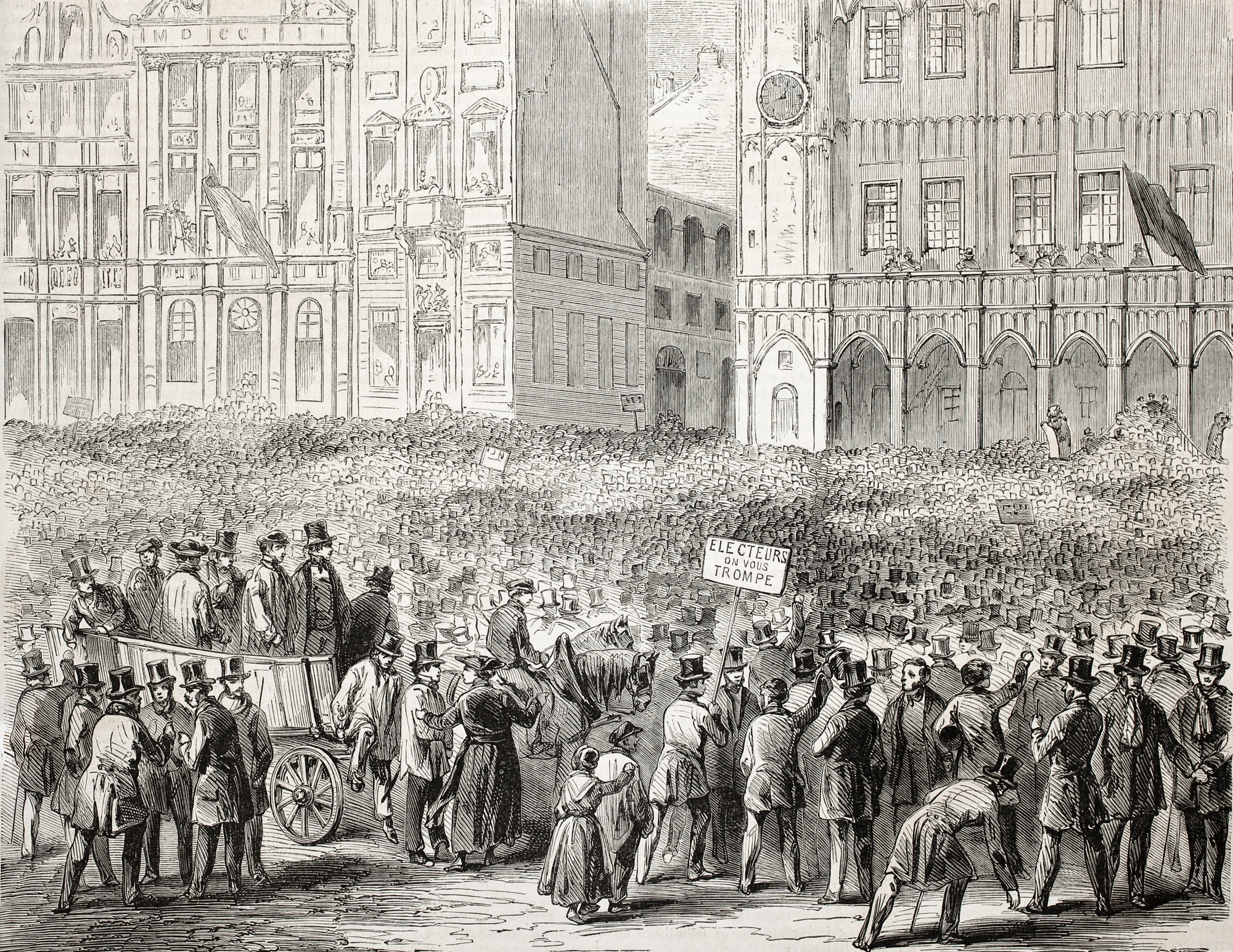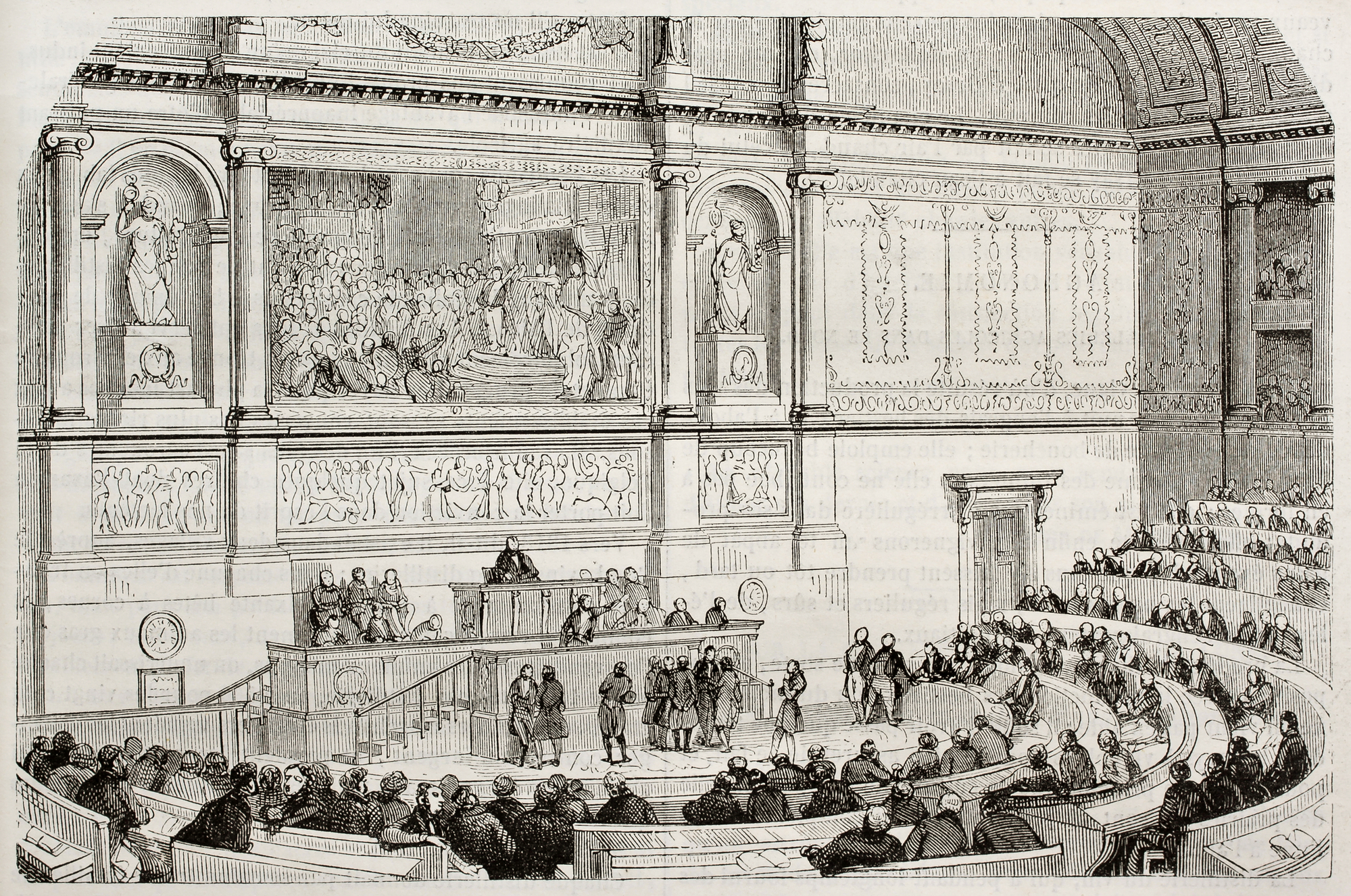A new heir should not be selected too soon in the reign of the current
king, or that would indicate that the king's current patron god cannot be trusted to protect him—a grave insult nobody with any sense would make publicly. In addition, having to wait for too long for an heir and his patron god to gain control of the country would also only tempt everyone too much to either accelerate the inheritance or attempt to have a new selection by whatever means necessary.
In the end, an heir seems to only be selected when all the gods on the
local gods' council agree to do so. Or at least, it is what we have been able to deduce, since all those gods are always in agreement when the start of a selection begins. In practice, selections generally triggered when the current king starts to get old and have health problems.
Many times in the past, the gods had not all agreed quickly enough, and the kings died without an heir. In that case, the selection started immediately and the council was presumably in charge of ruling the country, either by ordering the
high priests of each of their Churches around, or maybe even by directly
possessing them. The fact that it did not change a lot for the rest of us actually betrays how much the gods already control our lives in usual circumstances.









A few typo's to track for when we can edit: -"... if they are too young, they are NOT going to be seen as incompetent and easy to manipulate..." I think the implication is meant to be if they are too young they will be incompetent or easily manipulated? -"until one one remains." -"accidents to open" instead of happen As always, it was a pleasure to read this article. It is a rather novel (if somewhat convoluted) inheritance system. I particularly enjoyed the Opinion for the Archives section. Great work. One question, though, I was a bit surprised that no "accidents" happen to the candidates during the campaigns, or at least that there was no mention of that. Seems a tour of the country would be a good opportunity for an overeager noble to ensure that the candidate of a rival patron god isn't around to be voted on....
Thanks for your comment and those typos! I had fun unexpectedly coming up with this inheritance system during SC XD Good point regarding "accidents" and something I somehow managed to overlook XD Each god will of course attempt to protect their candidate as best as they can. I think there is an expectation and pretence that no god will try to interfere with the elections so blatantly and that they all respect that the mortals are the one making that decision. Of course, in practice it just means they just have to avoid getting caught and protect really well their own candidate